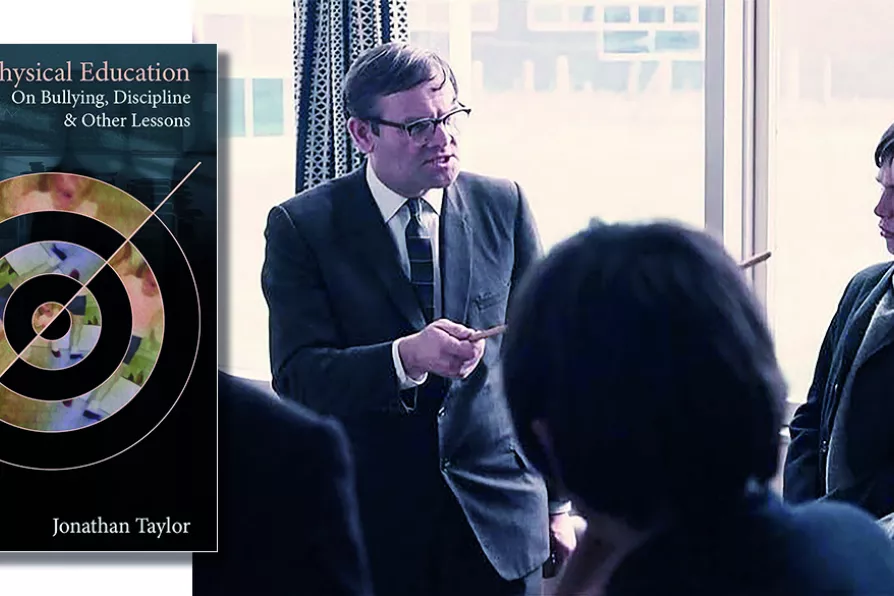ALAN McGUIRE welcomes the complete poems of Seamus Heaney for the unmistakeable memory of colonialism that they carry

 LABORATORY OF BULLYING: A scene from Ken Loach's Kes
[IMDb]
LABORATORY OF BULLYING: A scene from Ken Loach's Kes
[IMDb]
A Physical Education: On Bullying, Discipline and Other Lessons
Jonathan Taylor, Goldsmiths Press, £23
THIS is an unusual memoir-cum-educational treatise, examining bullying and power dynamics in schools and at work, both at an institutional and individual level, as experienced by the author. He relates first-hand the different forms bullying takes throughout his childhood into adulthood and what it reveals about the culture and society we live in.
Taylor says of this book: “I want to explore the hall of mirrors that is criticism and autobiography... I want to explore the uses and abuses of educational power from a subjective, rather than pseudo-objective, perspective.”

MARJORIE MAYO welcomes an account of family life after Oscar Wilde, a cathartic exercise, written by his grandson

JONATHAN TAYLOR attempts to disentangle the mind, self and political opinions of a successful bourgeois novelist

ANDY HEDGECOCK relishes an exuberant blend of emotion and analysis that captures the politics and contrarian nature of the French composer

JONATHAN TAYLOR is intrigued by an account of the struggle of Soviet-era musicians to adapt to the strictures of social realism










